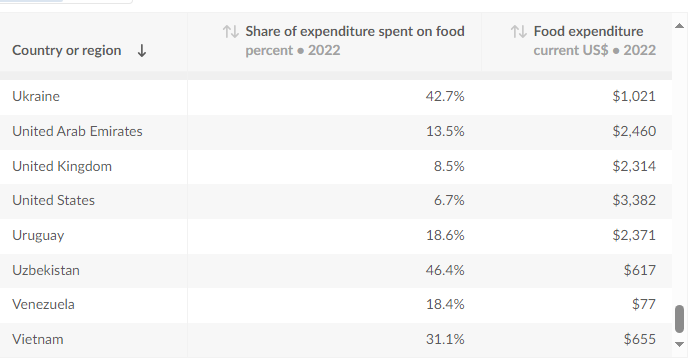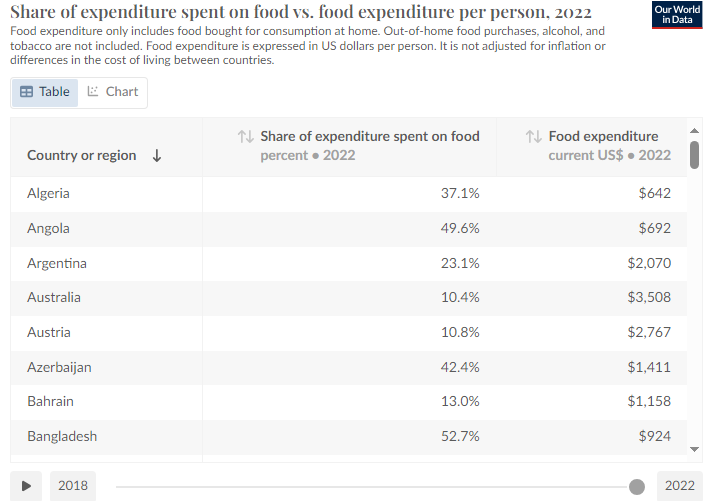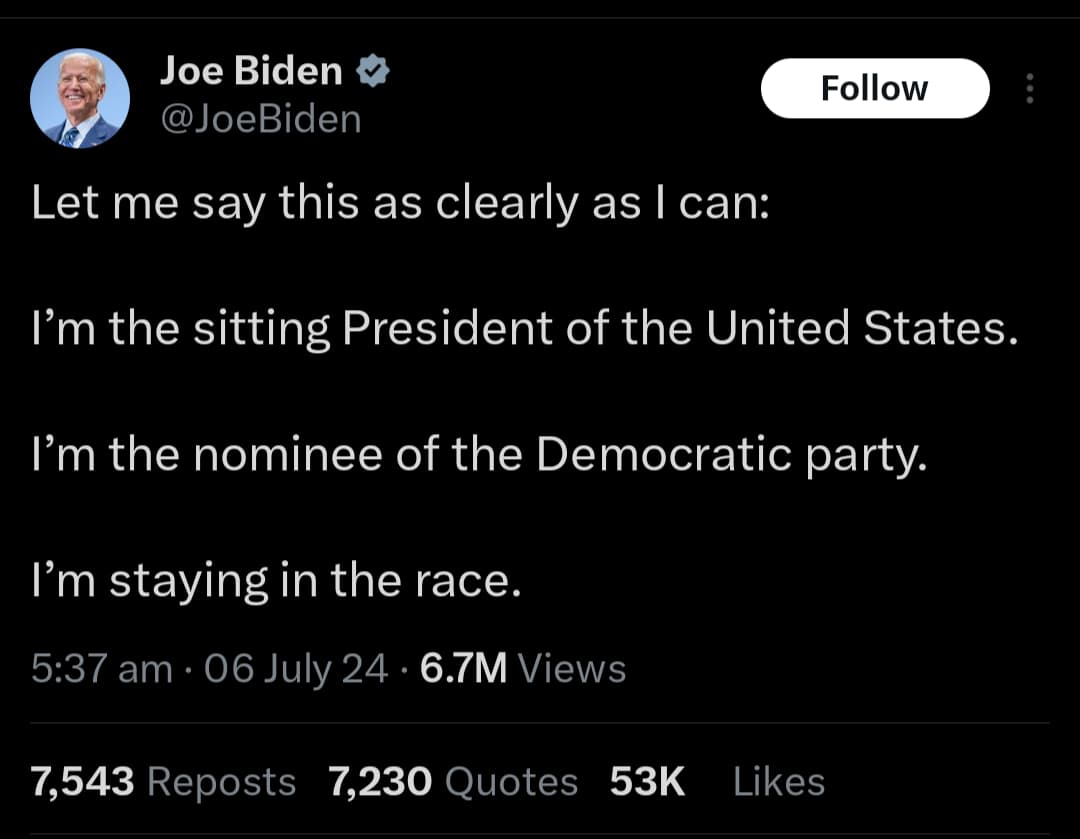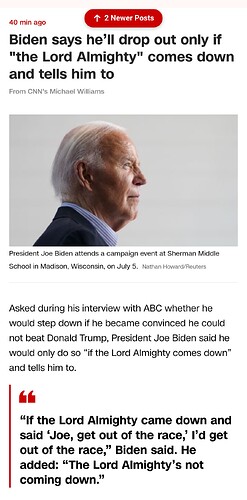For the first century or so of the Republic, a President’s first task was to hire all the federal employees. Typically, he would fire all the previous President’s employees, and then assign the jobs to the people who helped him get elected. Everybody knew it was a bad system. Everybody could see that it lead to the waste of skills and experience developed on the job, and everybody could see that it wasted the time of the President interviewing all those employees. But nobody could afford to be the first side to give up that sweet, sweet patronage. (I accidentally misspelled that “paytronage”, and almost decided to leave it.) So, everybody wanted the patronage system abolished, as soon as the other party was in power.
Then came Charles Guiteau. He had a very high opinion of himself, which was not borne out by any of the available evidence. He “campaigned” for Garfield, but not in any particularly obvious, or obviously effective way. When Garfield was elected, Guiteau felt that he deserved a big share of the credit, and therefore had earned himself a cushy job as ambassador, or at least consul, to Paris. Garfield’s people basically said, “We don’t know you, go away and stop bothering us.” So Guiteau shot and killed President Garfield.
That assassination shocked both parties to the core, and got them to pass the Pendleton Act, which established the non-partisan Civil Service. Now, the vast majority of federal employees are civil servants, who are hired based on merit. Their jobs are such that it is illegal to hire or fire, promote or demote based on party affiliation or partisan activity. There remain a large number of jobs, mostly at the top of the administrative pyramid, which are still understood to be held by political appointees. These are supposed to be jobs that involve setting policy. Thus, it makes sense for them to be responsive to changes in administration.
What Trump and Project 2025 is proposing to do is not to eliminate thousands of Civil Service jobs, but to reclassify those jobs as political appointee jobs, so that he can fire the non-partisan ones, and replace them with people who are willing to pledge loyalty to him and to his agenda. Those answers that speak approvingly of the reduction in federal Civil Service jobs are missing the point of this exercise.
The phrase “Deep State” entered modern usage as a literal English translation of the Turkish phrase “derin devlet”. Soon after Reccip Tayyip Erdogan was democratically elected President of Turkey (now Tuerkiye), he began consolidating his authority, transforming Tuerkiye from a Constitutional democracy into an authoritarian dictatorship. Frustrated at how the fact that the civil service was insisting on observing the law and the Turkish constitution was slowing down his process toward dictatorship, he started referring to the civil service as the “derin devlit”, or deep state. This had the effect of increasing his popularity among the Turkish “bubbas” (religious extremists, rural and uneducated voters), thereby making it easier for him to flout the law and the constitution in his conflicts with the civil service.
In 2016, Stephen Miller suggested that the Trump campaign should start calling any bureaucratic opposition to Trump’s policies the Deep State. After all, it worked for Erdogan.
But let us not be deceived here. Anybody who is unironicly calling the Civil Service the Deep State is following Tuerkiye’s successful blueprint for instituting a dictatorship in place of a previously functional democracy.



